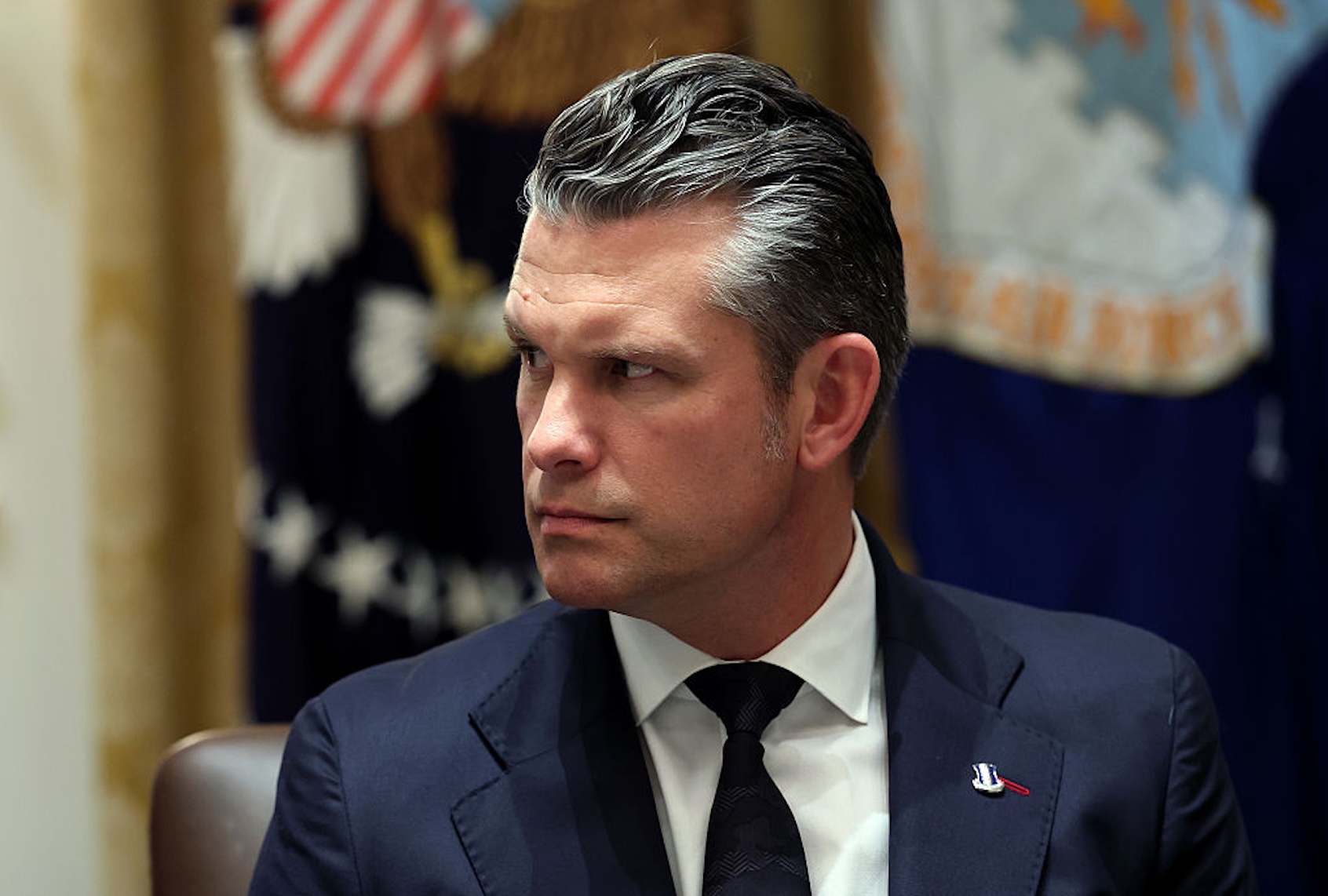Secretary of Defense Pete Hegseth has sparked widespread backlash from the media following his implementation of a controversial press policy at the Pentagon. More than 100 Pentagon press members have been required to surrender their credentials after refusing to sign the new guidelines, which restrict journalists from publishing information without prior approval from Pentagon officials. This unprecedented move has led to a rare display of solidarity among various media organizations, including traditionally conservative outlets.
The fallout from Hegseth’s policy has seen nearly every major U.S. news outlet, including Fox News, CNN, and the Associated Press, standing united against the new restrictions. Following the September 30 deadline for signing the 21-page document, Fox News host Bret Baier stated, “We’re all standing in solidarity,” highlighting the collective refusal to comply with what many consider an infringement on First Amendment rights.
The policy changes threaten to dismantle over eight decades of established norms governing the relationship between the military and the press. Following significant pushback from the press corps after initial guidelines were released in September, the Pentagon issued a revised version in October that has raised further concerns regarding press freedoms. A media expert remarked to Poynter that the latest revisions appear to be an intimidation tactic directed at both journalists and government employees involved in reporting.
Since assuming his role in February, Hegseth has pursued a strategy aimed at minimizing embarrassing leaks and sidelining critics. This has included restricting reporter access to certain areas within the Pentagon and limiting the number of briefings provided to the media. In stark contrast to previous administrations, which often facilitated open communication with reporters, Hegseth has provided minimal briefings since taking office.
The Pentagon Press Association and the National Press Club have condemned Hegseth’s approach as unconstitutional. A joint statement from major media outlets, including MSNBC, ABC News, and CBS News, emphasized that the policy threatens core journalistic protections and undermines the public’s right to know about military operations. Matt Murray, executive editor of the Washington Post, articulated that the proposed restrictions “undercut First Amendment protections by placing unnecessary constraints on gathering and publishing information.”
Several journalists have openly protested the policy. Tom Bowman, a veteran Pentagon correspondent for NPR, gave up his credentials in protest, expressing frustration over the lack of transparency and access to crucial information. He noted the marked decline in official briefings, which were previously common during significant military actions.
Hegseth, who has positioned himself as a critic of what he describes as “woke decay” within the military, has also implemented policies aimed at reducing funding for climate initiatives within the Pentagon. His approach has drawn criticism not only for its implications on journalistic integrity but also for its potential impact on broader military operations and environmental responsibilities.
As media organizations continue to resist Hegseth’s directives, the fallout is becoming increasingly evident. The decision to restrict press access has inadvertently amplified the press’s role in public discourse, prompting journalists to rely more heavily on off-the-record sources and whistleblowers.
While Hegseth has characterized the new policy as a necessary measure to ensure controlled reporting, it has instead ignited a significant media movement against censorship. The unity displayed by the press, including outlets aligned with Hegseth’s previous affiliations, signals a critical moment for journalistic freedoms in the United States. The ongoing conflict between the Pentagon and the press underscores the vital role of a free and independent media in democratic society.






































































